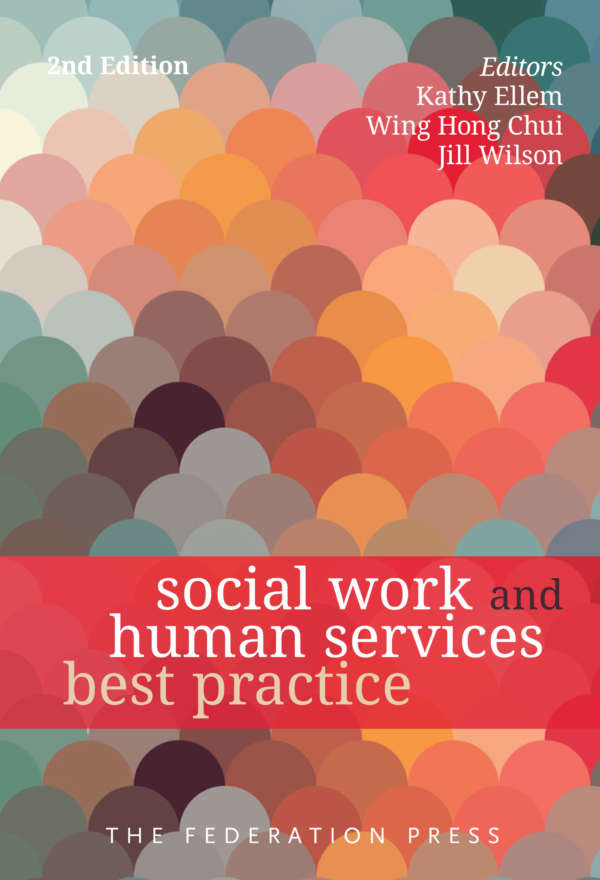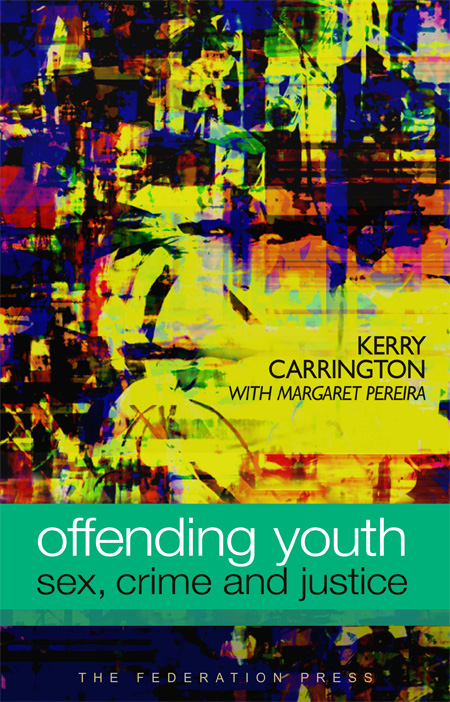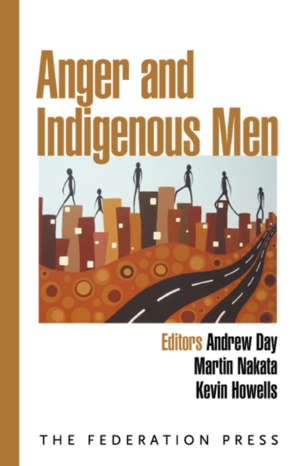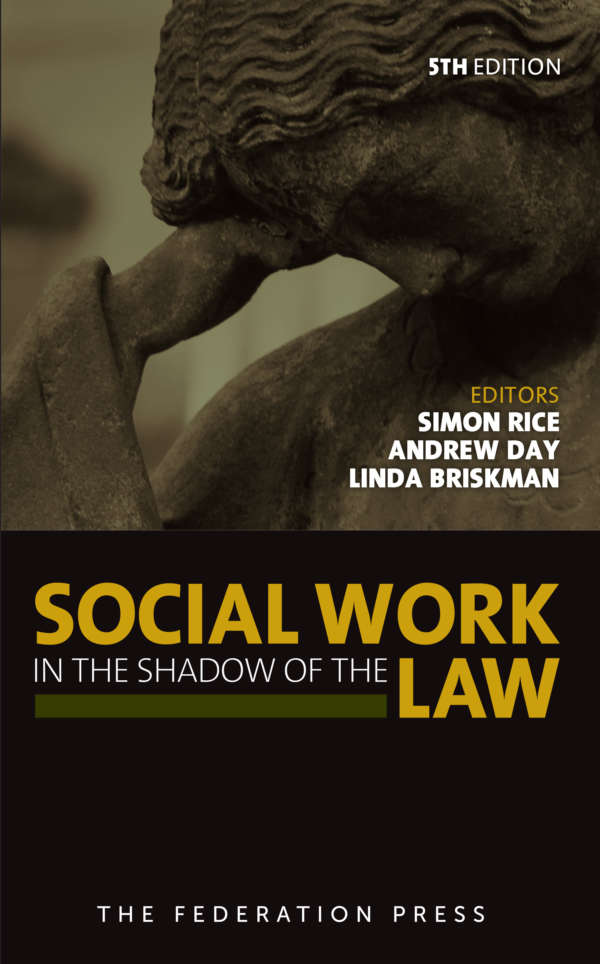Product Description
Accounts of the experience of cross-cultural adoption, by adoptees. These accounts are introduced by Sarah Armstrong, who introduces the project, the issues around cross-cultural adoption, themes arising through the first person accounts and provides statistics on the scale of cross-cultural adoption.
"The aim of the project was to draw together the experiences of both Australian-born transracial adoptees and intercountry adoptees … Of the nine Australian-born adoptees, there were those of Aboriginal, Chinese, Maori, African, Spanish descent. The countries of origin for the 18 intercountry adoptees were Vietnam, Bangladesh, Fiji, New Zealand (Maori), Burundi, Korea, Colombia, Sri Lanka, India and Canada (North American Indian).The writing of The Colour of Difference has been about discovery and openness and not about blame. The adoptees who gave their stories to us so generously and honestly, with all their various experiences of adoption, wanted the book to be a positive and true reflection of their lives in Australia. Some of them, as you will read, had experienced unkindness or abuse in their adoptive families. The majority had been treated with love and real efforts had been made to incorporate them and their culture into the adoptive family. The participants, as a group, said that they were ‘just trying to be honest’ in writing their stories, not trying to blame their adoptive families, who were generally perceived to be ‘doing their best’. …The participants of this book are keenly aware of how their lives might have been. They bear the burden of gratefulness, often to parents who would be appalled to think that their children feel such an emotion. In the public eye, this kind of adoption was, and perhaps still is, a ‘good thing’ to have done, an altruistic gesture. The New South Wales Law Reform Commission, in their Report 81: Review of the Adoption of Children Act 1965 (NSW) state:
Approaching intercountry adoption as a form of aid carries with it a danger of placing on the child an implied burden of being grateful for having been ‘saved’. This can lead to a situation in which the child may feel that his gratitude can never equal what has been done for him and the debt becomes impossible to repay."
— Taken from the Introduction.
Post Adoption Resource CentreThe Post Adoption Resource Centre (PARC), a service of The Benevolent Society, is a Sydney based counselling and information service for people affected by adoption in New South Wales, throughout Australia and internationally. PARC was established in 1991 to coincide with the implementation of the New South Wales Adoption Information Act (1990), which gave rights to information and contact to adoptees and birth relatives. Since that time, PARC has conducted more than 43,000 telephone counselling calls and has provided direct counselling, intermediary and groupwork services to a further 13,000 people. PARC’s services are available to anyone affected by adoption.







